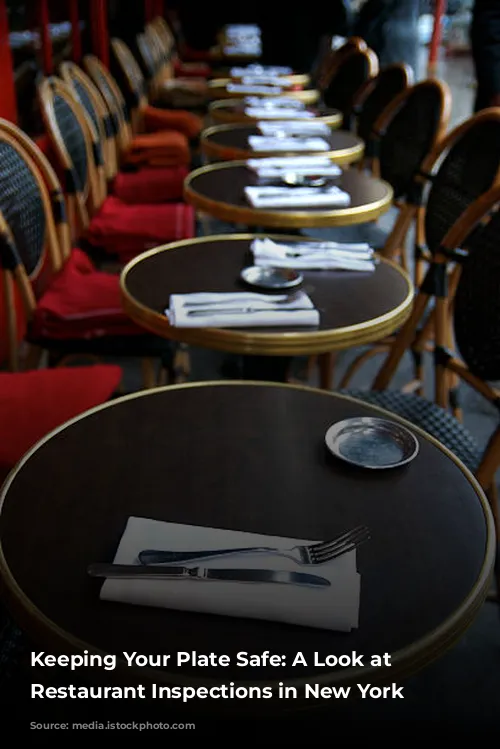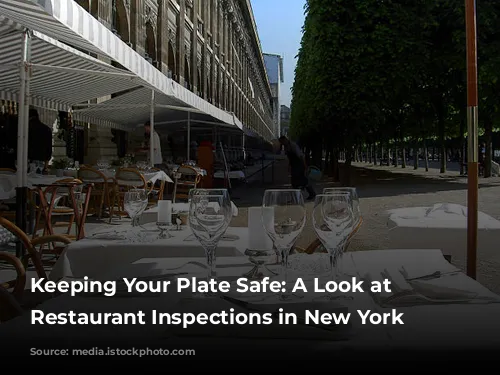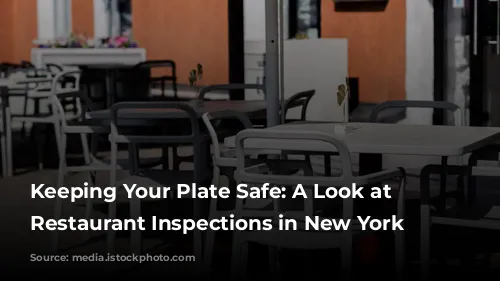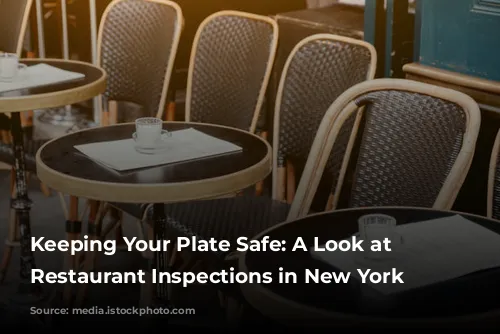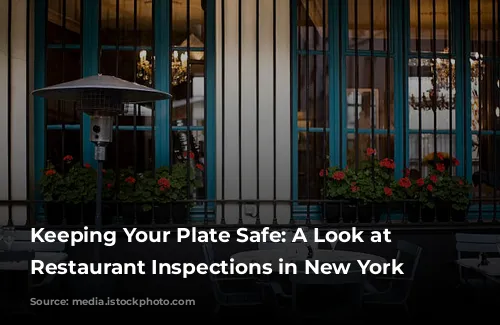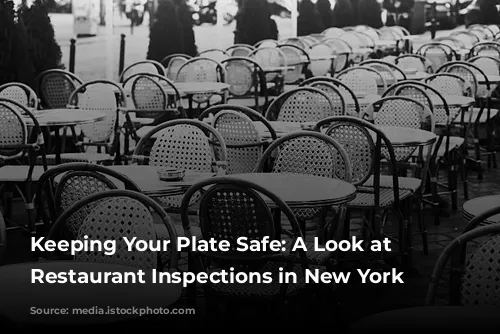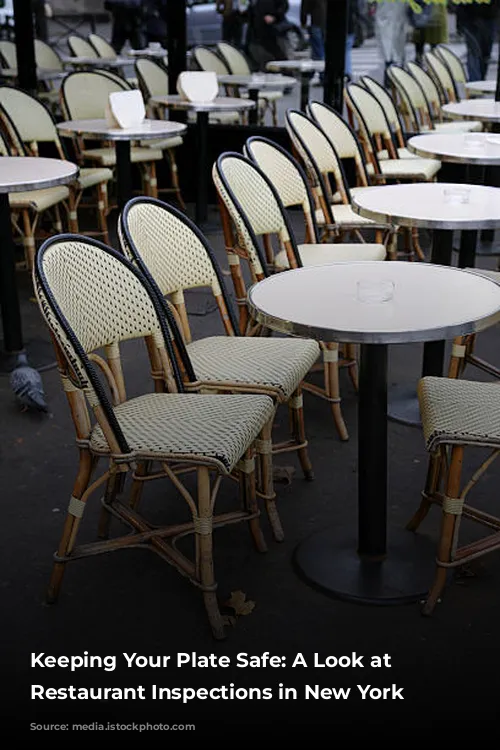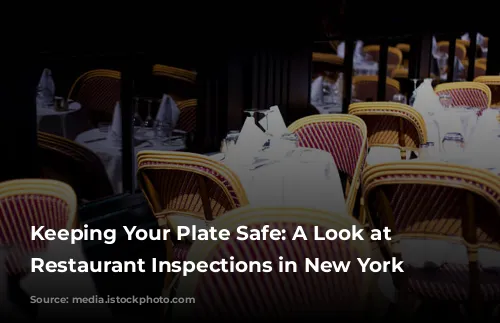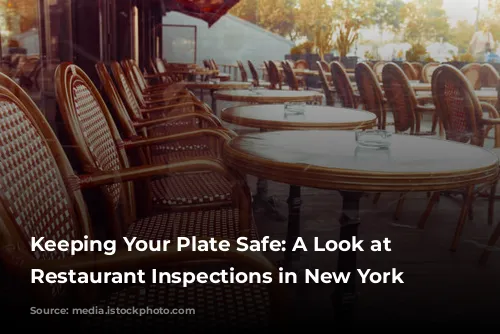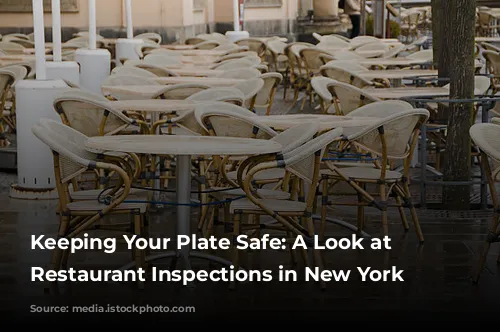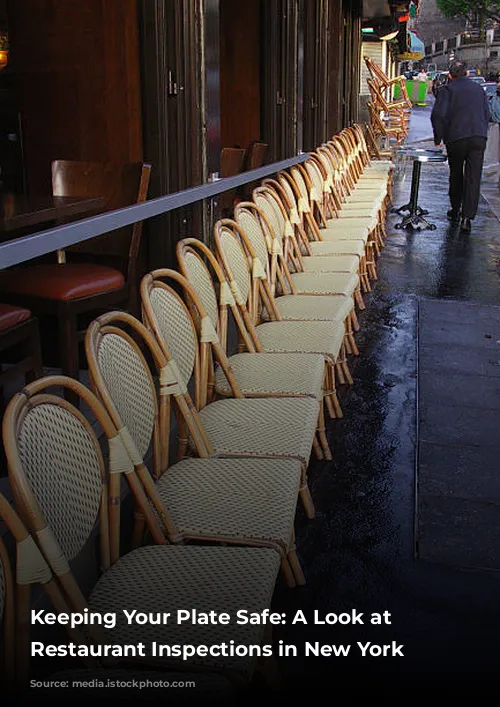Every week, the New York State Department of Health (NYSDOH) releases a list of inspections conducted at food service establishments across the state. This list covers a variety of places where food is prepared and served, including restaurants, school cafeterias, park concessions, and other businesses with commercial kitchens.
This week, we’re taking a look at inspections carried out from July 22nd to 26th. These inspections categorize establishments based on the type of violations found: critical, non-critical, or no violations. You can access a comprehensive list of restaurant inspections from the past several years on the NYSDOH website.
It’s important to note that the NYSDOH reports list the full code violation but don’t provide specifics about the issue within each restaurant. If you’re seeking detailed information, you’ll need to submit a Freedom of Information Law (FOIL) request to the relevant local health department.
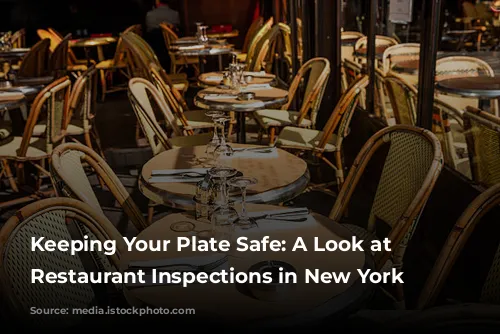
Critical Violations: Ensuring Food Safety
Critical violations are serious issues that could pose a direct threat to public health. These violations must be rectified immediately during the inspection. If a food establishment presents an “imminent hazard to public health,” the inspector may order its closure until the hazard is addressed.
During this inspection period, several critical violations were identified. These include:
- Potentially hazardous foods not cooled properly: This violation refers to food items that require refrigeration to prevent bacterial growth. Proper cooling methods are essential to ensure food safety.
- Inadequate food protection during storage, preparation, and service: This violation encompasses a range of practices, such as food being left uncovered, improperly labeled, stored on the floor, or lacking adequate sneeze guards. These practices can expose food to contamination.
- Food contact surfaces not sanitized: Food contact surfaces, such as cutting boards and utensils, must be thoroughly cleaned and sanitized to prevent the spread of bacteria.
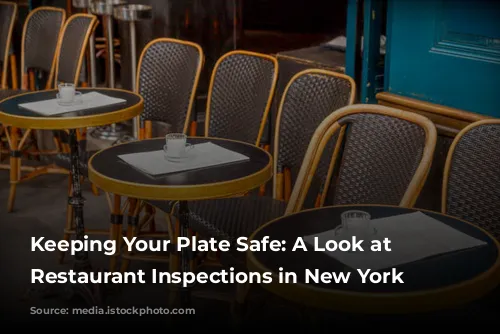
Examining Some Recent Inspections
Let’s delve into specific examples of establishments that received violations during these inspections:
The Klam’r Tavern and Marina in Halfmoon was cited for not adequately protecting food from contamination and for having inaccessible or unsanitary handwashing facilities.
Another establishment, The Elsie K. Powell House in Old Chatham, was cited for improper labeling and storage of toxic chemicals, which could potentially contaminate food. Additionally, they were found to be reusing single-service items, a practice that can compromise hygiene.
The Northville Central School faced violations related to cross-contamination between raw and cooked foods, inappropriate handling of cooked foods by food workers, and lack of readily available thermometers for temperature monitoring.
These are just a few examples of the types of violations that can occur. The NYSDOH’s website offers a detailed list of all inspections and the violations found, allowing you to stay informed about the safety of your favorite local eateries.
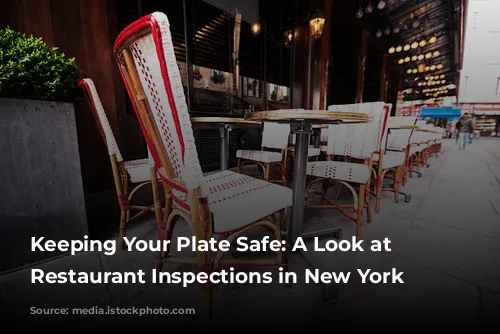
A Call for Food Safety Awareness
Food safety is a crucial aspect of public health. By understanding the potential risks and violations, we can contribute to a safer dining experience. Always be aware of your surroundings and report any concerns to the appropriate authorities. Remember, a little vigilance goes a long way in ensuring that your food is safe and enjoyable.
